MOST OF THE DIASPORANS DON’T JUST WANT TO RELATE US AS VISITORS BUT AS CITIZENS, AND THEY WANT TO HAVE RIGHTS AS WELL AS RESPONSIBILITIES.
In the coming years, Ghana will make a serious effort to strengthen the bond it has with the African Diaspora abroad. Top Guide interviewed Mr. Akwasi Awua Ababio, the Director of the Diaspora Affairs Office and Co-Chairman of “Beyond the Return”, to hear what kind of activities, policies and partnerships can be expected.
Share with us some of the feedback you received from diasporans who visited Ghana during the Year of Return. Are there any partnerships that have already been formed out of the activities of 2019?
The feedback we got was very positive. The majority of the people were emotional about their experiences in Ghana. They were very keen on starting that cultural and spiritual connection with the country and the continent. Most of them expressed their intention to have a long term relationship with Ghana. Some of them want to repeat their visits and find ways to become part of us. Several partnerships have already been formed, others are in the pipeline. To name a few, the National Association for the Advancement of Coloured People (NAACP) in the US has agreed to have a longstanding partnership. We also made agreements with governments in Barbados, France and other French-speaking countries. But we also found partners among our fellow country members, like Kojo Yankah, who leads the establishment of The Pan African Heritage World Museum in Ghana.
The “Diaspora Engagement Policy” – How important is this piece of legislation and what does it entail?
The essence of the policy is to harness the potential of the Ghanaian emigrants and African descendants who can relate to us and have a genuine interest in our country. All these years abroad they have gathered knowledge, built up expertise and networks. Therefore we need to have a policy put in place that can make the most of their potential. We want to enhance that Diaspora-homeland relationship and build capacity for both parties. We like to see different organizations play a role in this strategy. For example, there is the Diaspora desk at the Ghana Investment Promotion Centre; the Diaspora desk at the Ghana Immigration Service and the Diaspora Affairs Unit at the Ministry of Foreign Affairs and Regional Integration. And there is our office, the Diaspora Affairs at the Presidency. They have all been put in place to enable the coordination of the Diaspora’s different needs. We have to make sure that certain laws are directly beneficial to people who return to Ghana. A good example is the citizenship that was conferred to 126 African diasporans in 2019, as part of the “Year of Return” program.
What has been done so far in terms of legislation to make it easier for diasporans to come back to Ghana and set up businesses here?
Based on the feedback received from the “Year of Return”, the Government has put together a team to develop a Homeland Return Legislation. When you ask people to invest in your country and want to establish a relationship with them, you need to make sure the right measures and facilitations are put in place. Most of the diasporans don’t just want to relate to us as visitors but as citizens, and they want to have rights as well as responsibilities. The Homeland Return Legislation will address these matters and is being done in collaboration with the Ministry of Finance, GIPC, the Ministry of Interior, the Ministry of Justice & Attorney General, the Ministry of Tourism – Arts & Culture and our Office. Together we want to provide legal tools to grant certain rights and privileges to people from the Diaspora, to encourage them to come back. For instance, we have simplified the visa process for people from the Caribbean. But it is also important for us to mobilise Ghanaians abroad and get them involved in the development of the country. We should be able to provide accurate and relevant data about Ghanaian emigrants. Right now we are removing visa barriers for the first, second and third generations therefore reducing the cost of travel documents.
What kind of activities does your office have in the pipeline for 2021?
Every two years we have a conference and invite many organizations from the Diaspora to talk about how they can contribute to the development and further growth of the country. The first Homecoming conference was held in 2001 with President John Kufuor. Since 2017 the Homecoming event has become biennial; it was held in 2019 and it is planned again for 2021. It is really something the Diaspora community and associations are looking forward to. Working together as a team, this office with active support of the government through the Inter-Ministerial Committee will now fully embrace the Diaspora community with the “Beyond the Return” programme, meant to last for the next 10 years and involving other key public actors such as the Ministry of Tourism, Arts & Culture and the Ghana Tourism Authority.
Could you tell our readers something more about the “Beyond the Return” initiative? What are the expectations for this decade?
In the next ten years we hope to deepen the relationships we started during the “Year of Return” and the years before 2019. We will consolidate all the initiatives we undertook and actively campaign in and outside the country. The “Beyond the Return” initiative is based on 7 pillars, and two of the key ones are about branding and investing in the country. For instance, the Ministry of Tourism has signed an agreement with the W.E.B. Dubois Foundation in the US to fuel its symbolic role in the Pan-African movement. We want to awake our black consciousness and take the opportunity to tell our own narratives. We would like people from the Diaspora to look at our country as the gateway to Africa.
How do you think international organizations and major institutions should be motivated to actively participate and support the “Beyond the Return” project?
It all comes down to our leadership. In President Akufo-Addo we find an excellent leader, who connects well with the rest of the world. He demonstrated that kind of leadership when he went to Washington and launched the Year of Return for 2019. People picked up on what he has said. We obviously expect top institutions such as the Ghana Investment Promotion Centre, the Ministry of Tourism and the Ghana Missions abroad to play an active role in promoting Ghana as the place to form partnerships and to do business. This opportunity should excite organizations abroad.


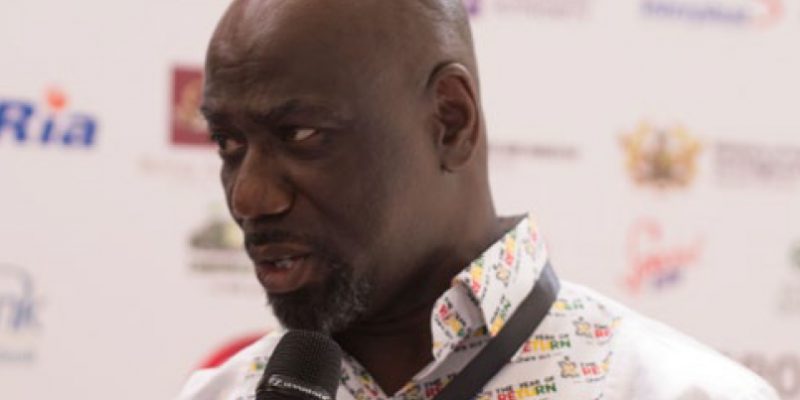
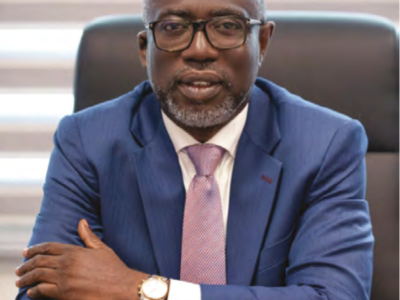
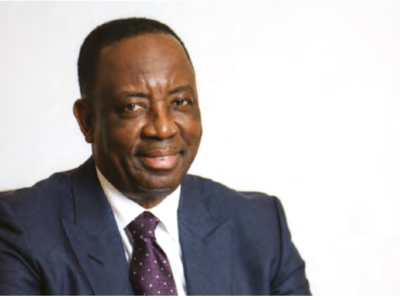
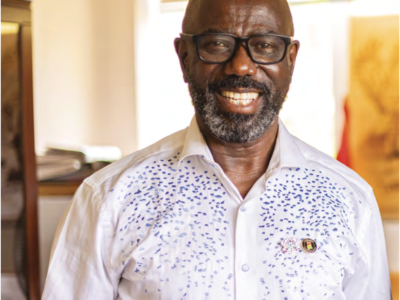
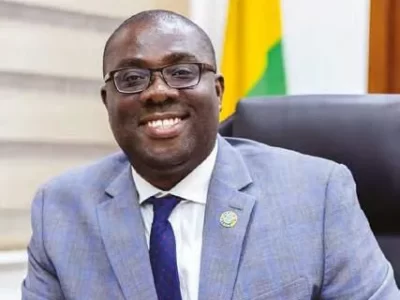
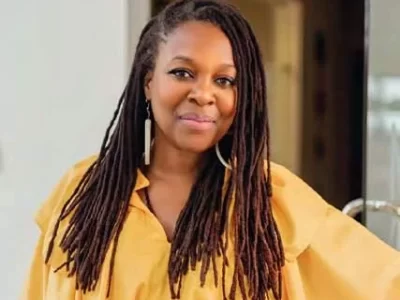
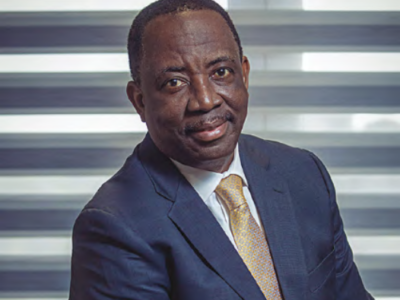
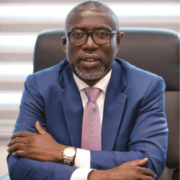
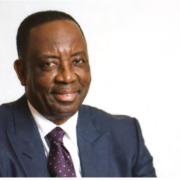
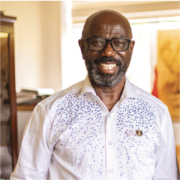
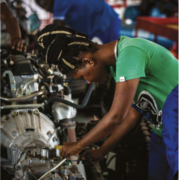
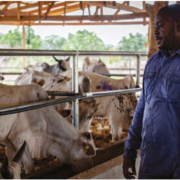
Comments